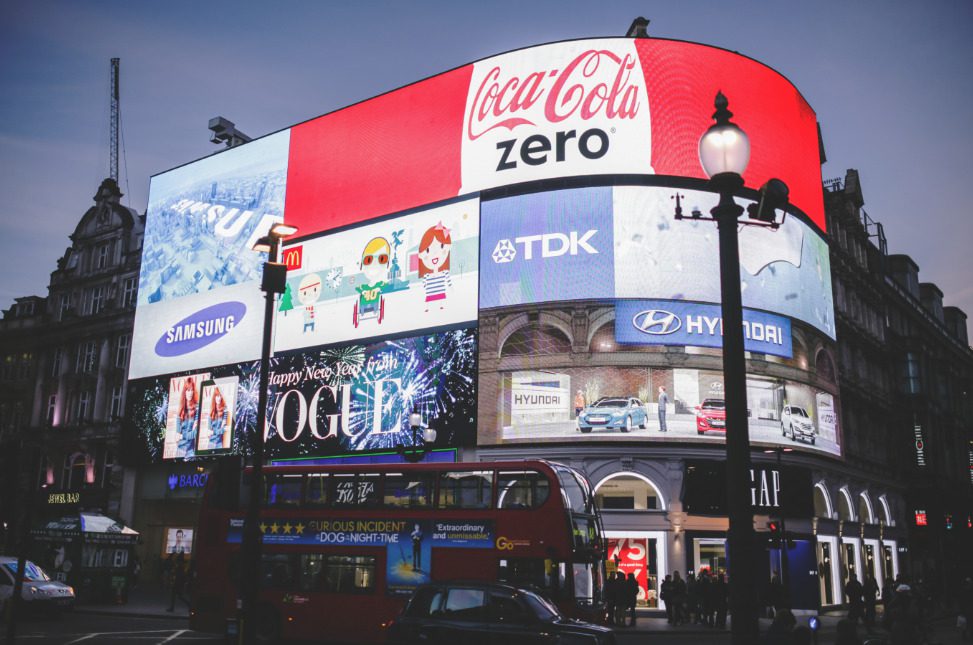Technology has had a profound impact on marketing. It has changed the way companies reach and engage with their customers.
In the past, marketing was about creating awareness through print and television ads, direct mail, and face-to-face interactions. Today, technology has made it possible to connect with customers in a more personal and interactive way
Marketing strategies such as weather-based advertising are possible because of technology. This form of advertising entices customers by recommending personalized products based on their current weather conditions.
Digital channels such as websites, social media, email, and mobile apps have created new opportunities for companies to reach and engage with their customers. These channels allow companies to build relationships with their customers and create a more personal connection.
Technology has also made it possible to target specific audiences with laser precision. This allows companies to create customized messages that are more likely to resonate with their target audience.
Overall, technology has had a positive impact on marketing. It has created new opportunities for companies to reach and engage with their customers in a more personal and interactive way.
Integration
With technology, businesses can integrate their campaigns across multiple channels, including email, social media, websites, and more.
By doing this, they can create a cohesive campaign that speaks to their audience across all channels. Additionally, integration allows marketers to track the performance of their campaigns across all channels and make necessary adjustments to ensure that they are achieving their desired results.
Interactivity
Thanks to technology, businesses can interact with their target audiences more directly and efficiently than ever before. In the past, marketing was a one-way street: businesses would put out ad campaigns and hope that people would respond to them. Now, with social media and other digital tools, marketers can get feedback from customers in real time and adjust their strategies accordingly.
This is a huge advantage, as it allows businesses to fine-tune their marketing efforts to better suit the needs and wants of their target consumers. Additionally, interactivity also fosters a sense of community and connection between a brand and its customers.
When done right, interactivity can make customers feel like they are part of something larger than just a transaction; they become invested in the company and its success.
Individualization
Technology has made it easy for businesses to create personalized ads and messages. This process is called individualization, and it’s a powerful marketing technique that can be used to increase brand loyalty and customer engagement.
Individualization can also be used to create a more intimate connection between a business and its customers. By tailoring ads and messages to the specific needs and interests of each customer, businesses can show that they understand and care about their individual needs.
In a world where we are bombarded with generic advertising, individualization can be a breath of fresh air. It shows that businesses are willing to invest the time and effort to create a custom experience for each customer. When done right, individualization can be an effective way to build trust and loyalty between a business and its customers.
Intelligence
Technology has improved marketing strategies by allowing for more targeted and personalized messages. This has led to increased customer engagement and satisfaction, as well as higher conversion rates. In addition, intelligence technology has helped marketers to better understand customer behavior, which has resulted in more effective marketing campaigns.
Informed strategies based on intelligence technology are more likely to be successful because they are better able to target specific audiences and understand their needs. Additionally, these strategies can save businesses time and money by reducing the need for trial and error.
Independence of location
Technology has made marketing independent of location. It is possible to conduct marketing from any location, provided there is an internet connection. For instance, a marketer in Europe can target customers in Africa, Australia, or America through the use of social media platforms. This has made it easier for small businesses to compete with large businesses since they can reach a global market with ease.
Industry restructuring
Technology has restructured the marketing industry, causing a shift away from traditional marketing techniques. The internet has created a more globalized market, where companies can reach a larger audience with their marketing campaigns.
Social media has also changed the way that companies interact with their customers, as they can now receive feedback and input in real time. This has led to a more customer-centric approach to marketing, as companies focus on creating campaigns that appeal to the needs and wants of their target audience.
In conclusion, technology has had a tremendous impact on marketing. It has changed the way companies communicate with customers and prospects, and it has made it easier for customers to find and compare products.
Marketing has become more data-driven, and technology has made it possible to track and measure customer behavior in ways that were not possible before. Technology has also made it easier for companies to target their marketing messages to specific audiences.





























